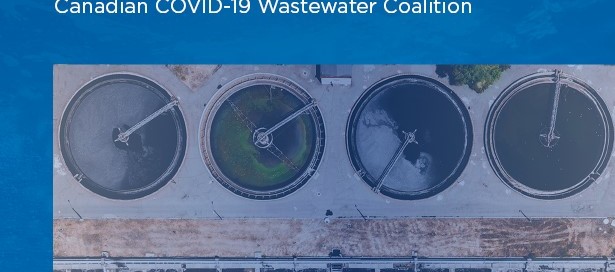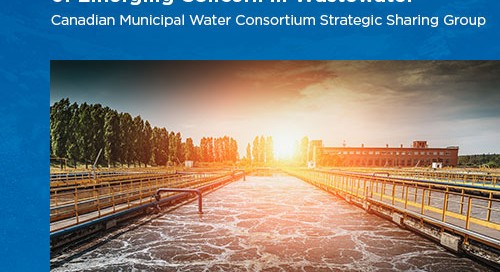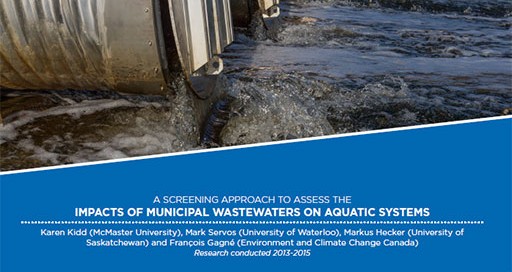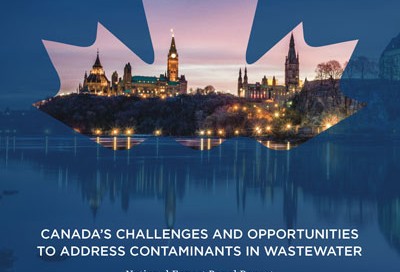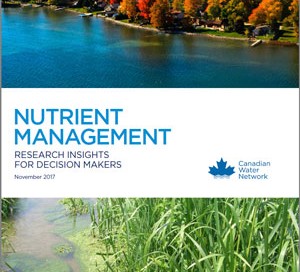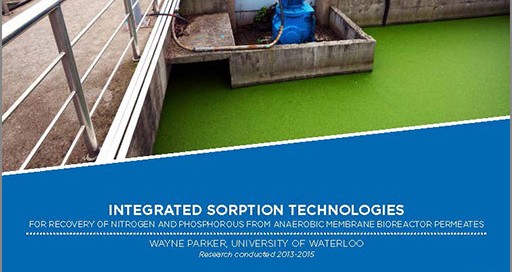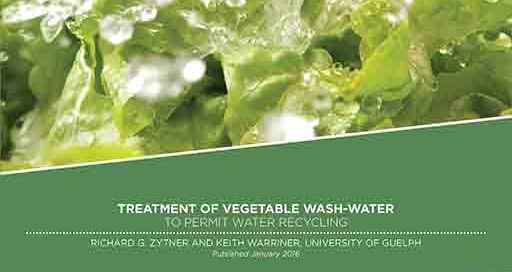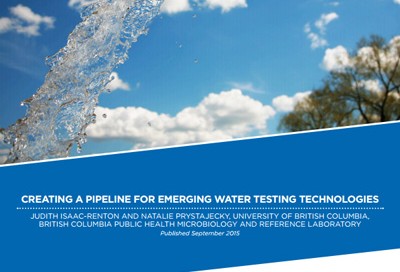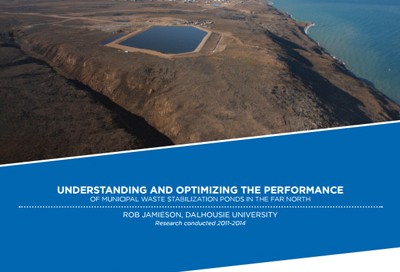Phase 1 Inter-Laboratory Study: Comparison of Approaches to Quantify SARS-CoV-2 RNA in Wastewater
The monitoring of SARS-CoV-2 RNA in wastewater is a promising tool that complements other indicators of COVID-19 prevalence in a community. Research efforts in Canada and globally have accelerated to further develop this tool; a wide range of approaches and techniques have evolved. However, to make reliable comparisons of data within and between communities, the [...]


